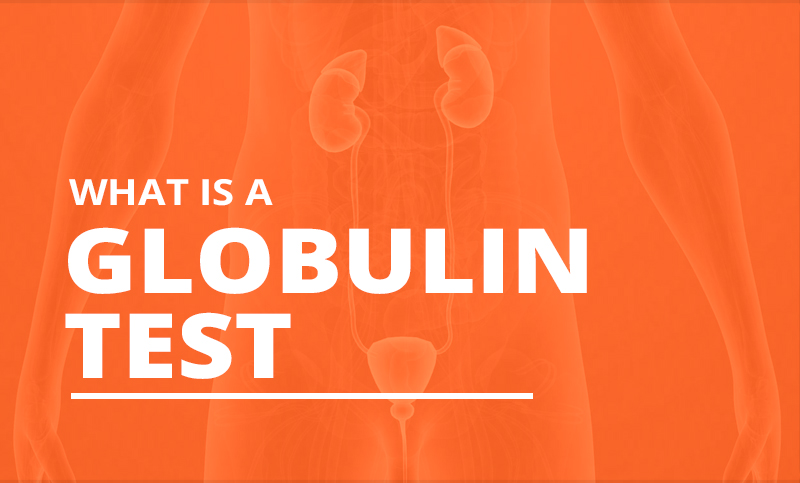
Globulins are a group of proteins in your blood. They are made in your liver by your immune system play an essential role in liver function, blood clotting, and fighting infection.
Your health care provider may require that you have a globulin test as part your regular check-up or to help diagnose a specific conditions. Read on to find out more about Globulin tests and whether you may need to have one.
What are Globulin tests used for?
Globulin tests can be used for a vast range of reasons, however, are commonly used to diagnose a variety of conditions such as liver damage or disease, nutritional issues, kidney disease, cancers and autoimmune disorders. It is important to note however, that you should not feel immediately alarmed if your healthcare professional asks you to take a globulin test.
Why might you need a globulin test?
Healthcare professionals may order a globulin test for a range of reasons. Furthermore, there are two types of tests that you may be asked to undertake:
A total protein test may be included in a series of tests to check how well your liver is working. These tests, may be ordered if you are at risk for liver disease or have symptoms of liver disease, which may include:
• Jaundice, a condition that causes your skin and eyes to turn yellow
• Nausea and vomiting
• Itching
• Recurring fatigue
• Fluid buildup in the abdomen, feet, and legs
• Loss of appetite
Alternatively, a serum protein electrophoresis test measures gamma globulins and other proteins. This test may be ordered to diagnose disorders related to the immune system, including:
• Allergies
• Autoimmune diseases such as lupus and rheumatoid arthritis
• Multiple myeloma, a type of cancer
What does the test involve?
A globulin test is a blood test, which involves a healthcare professional drawing blood from a vein in your arm. Blood draw involves minimal risk, and it is a routine procedure to be completed at a physician’s visit. It is often required that you fast before taking a globulin test. Many doctors ask you to not eat or drink anything for four hours prior to the test. Certain medications will impact the results of the test, and you should consult your doctor if you are taking any medications.
Results usually take several days up to one week to arrive, depending on the size of the laboratory where the test is completed. Your doctor will receive the results from this test, interpret them, determine what the next steps are, and relay all of this information to you.
It is essential to become well-informed and educated regarding the options and treatment methods available to you. If you have any questions regarding globulin tests, and would like to book an appointment, please feel free to contact or call Dr Arianayagam’s office on 1300 307 990 and his staff will be able to assist.

